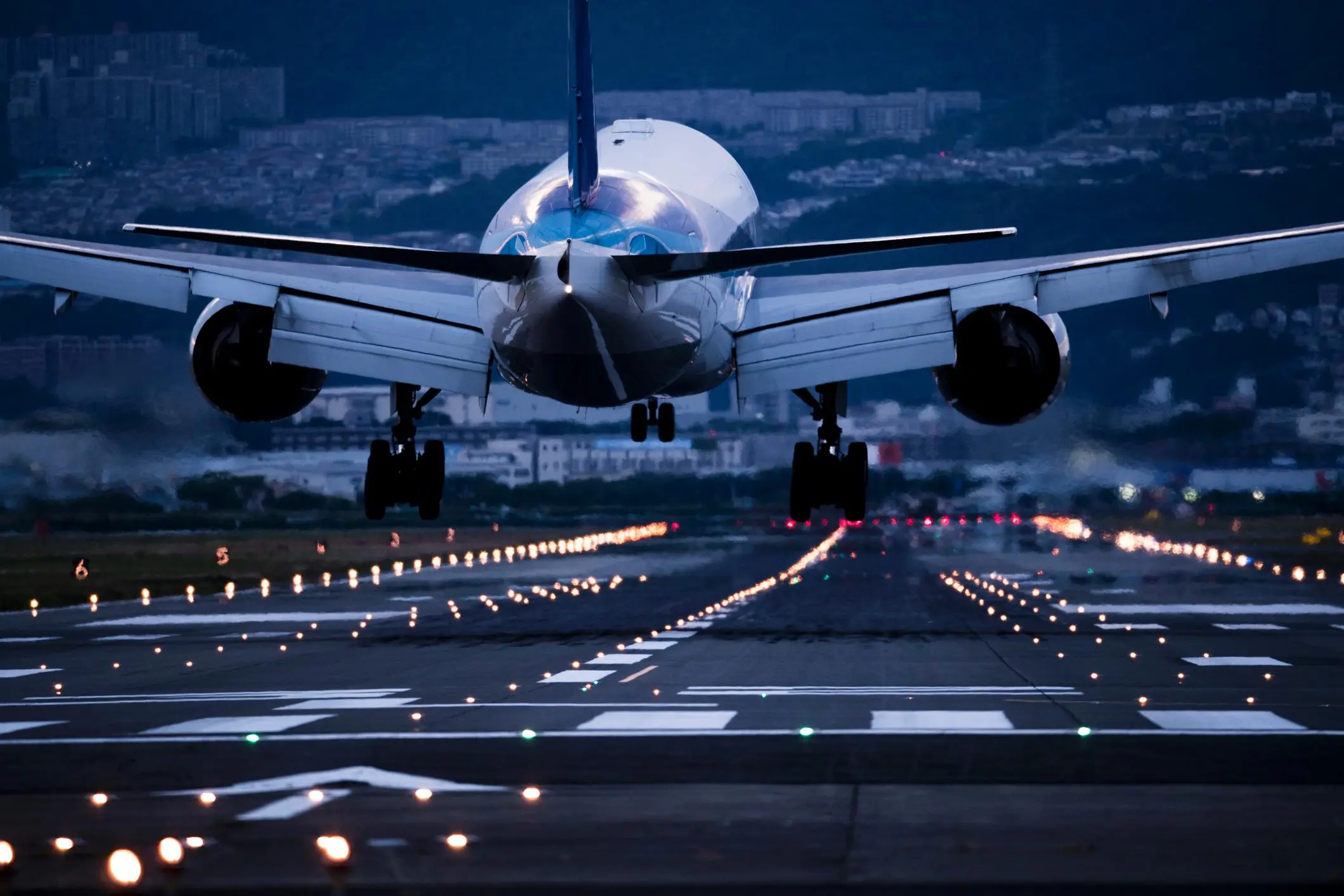PHOTO
While the global travel recovery remains uneven, a rebound in ground travel and pick-up in domestic flight bookings in the Middle East and Africa (MEA) are showing encouraging signs, said global payments technology company Mastercard in a new report.
The report titled Recovery Insights: Ready for Takeoff?, developed by the Mastercard Economics Institute, draws on aggregated and anonymized sales activity across the global Mastercard network to better understand the next phase for travel, its drivers and challenges. This includes the balance between leisure and business, local and long-distance, and saving and spending. The report also looks at the spending categories seeing an uptick and what they signal for travel recovery.
There are indicators of recovery across some markets in the Middle East & Africa, for example gas spending in Nigeria and Egypt are already above 2019 peaks. Although we still have some way to go amidst ongoing uncertainty, there is an appetite among consumers to move and discover. Alongside safe, systematic opening of markets and continued momentum in vaccine rollouts, countries will start to see more signs of gradual travel recovery, said David Mann, Chief Economist, Asia and MEA, Mastercard.
Key trends include:
Global gasoline spending is up 13%* from its previous peak in 2019. In Egypt and Nigeria, spend at gas stations are already higher than their 2019 peaks, while in the UAE and Kenya, they have equalized previous levels. Road tripsthe big trend of 2020 around the worldarent going anywhere.
As people prepare to re-emerge, pent-up savings help fuel sales across a variety of categories. Sales for beauty salons and luggage stores are up, likely reflecting plans to move around and increase in-person interactions. Spending at bike stores (+62%) also grew. Furthermore, sales at toupee and wigs stores have increased 75% in the past year compared to pre-pandemic, with increases in this category also seen among consumers in South Africa.
Air travel remains down significantly globally, although the trajectory is upwards. In markets like the UAE, Egypt, Nigeria, and Kenya, international flight bookings are climbing, but are still at a fraction of where they were before the pandemic began. This also holds true for South Africa, although domestic flights (56.7% share) are recovering at a quicker pace, above its 40.9% share in 2019.
Global business travel lags global leisure travel by approximately four months. In the Middle East & Africa though, there is a closer correlation to leisure and business travel growth.
Border re-openings have fuelled 10 interesting travel corridors. The limited border re-openings have proven to be challenging for travellers and the travel industry alike. But select open corridors are showing partial recovery. For example, flights out of the Middle East and Africa are gradually improving, with intra-regional travel to Egypt and the United Arab Emirates most notable.
The past year has only reinforced how important travel isto our connection with friends, family and the broader world, to our business communities, and to our personal fulfilment, said Raj Seshadri, president of data and services, Mastercard.
The economic implications of tourism are vast, with virtually no industry untouched when travellers stay home. Through Recovery Insights, weve helped airlines redesign travel routes, retailers rejig inventory, and cities understand shifts in neighbourhood spending. Its about enabling smarter decisions for better outcomestoday and tomorrow."
Mastercard launched Recovery Insights to help businesses and governments better manage the economic risks presented by Covid-19. Through this initiative, Mastercard has provided data-driven insights, analytics and other services to businesses and governments to help them understand ever-changing consumer spending trends and how to address them. TradeArabia News Service
Copyright 2021 Al Hilal Publishing and Marketing Group Provided by SyndiGate Media Inc. (Syndigate.info).





















